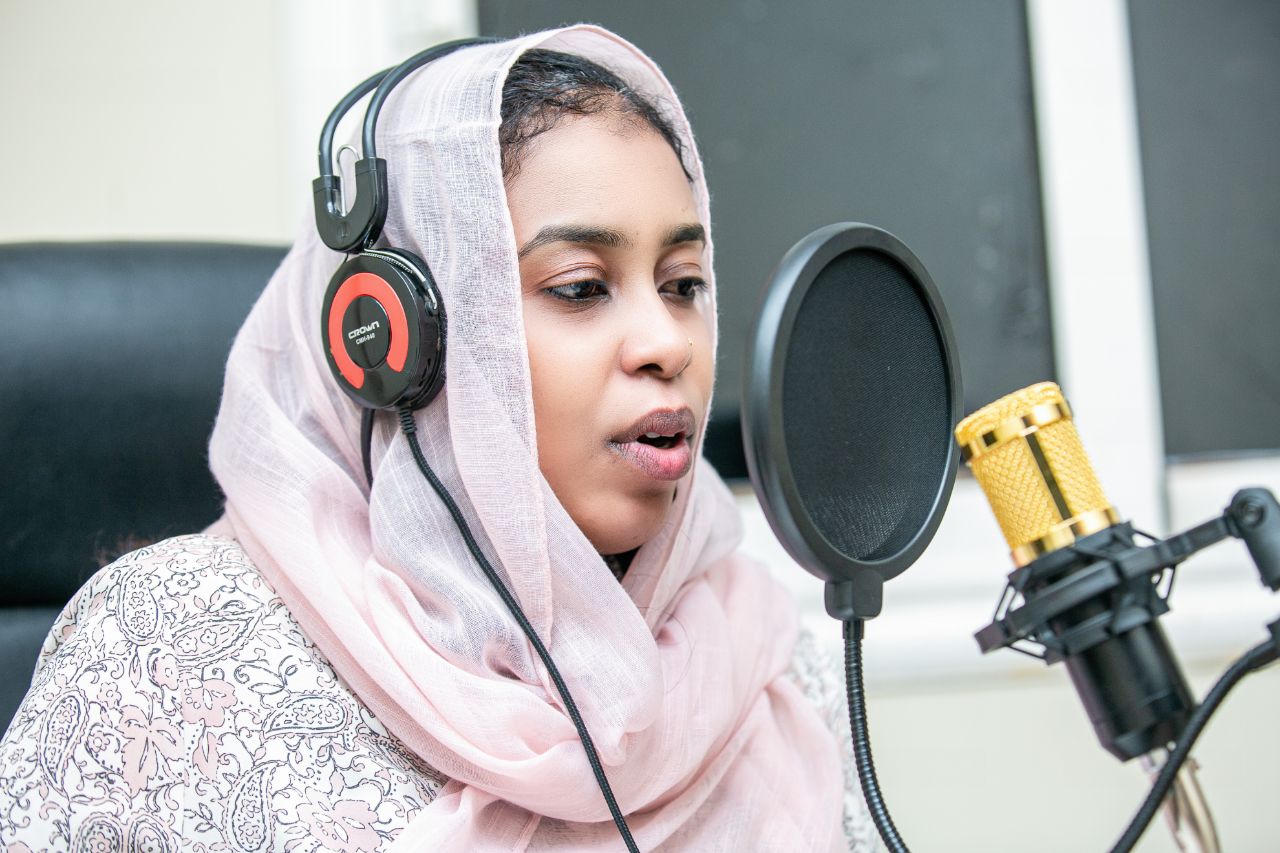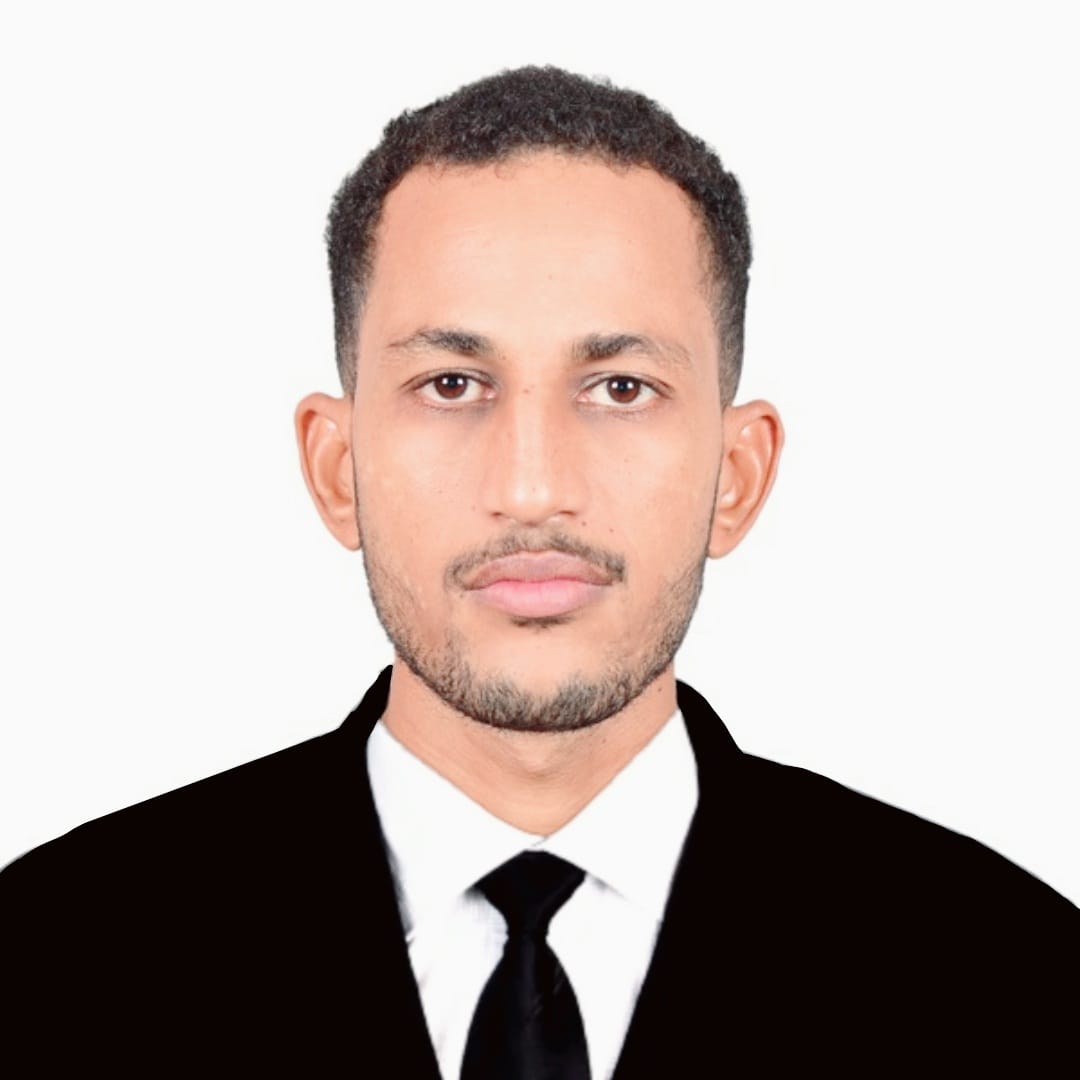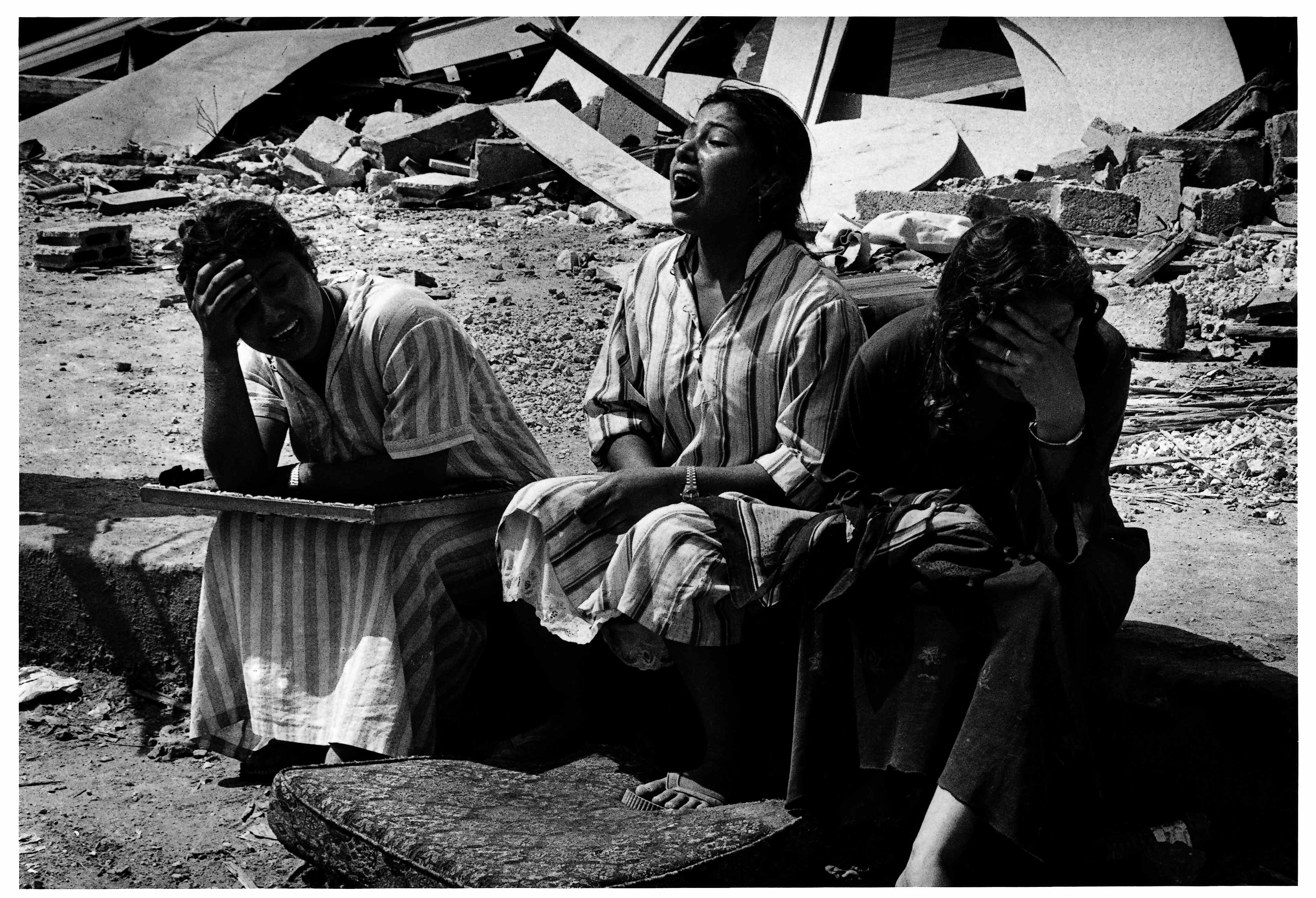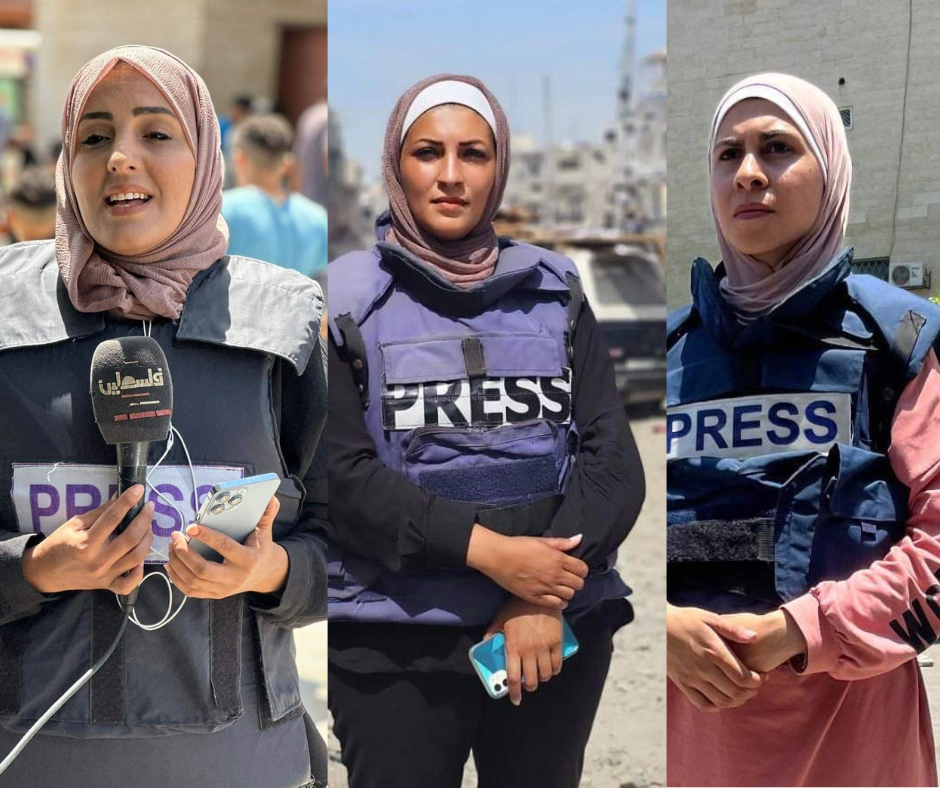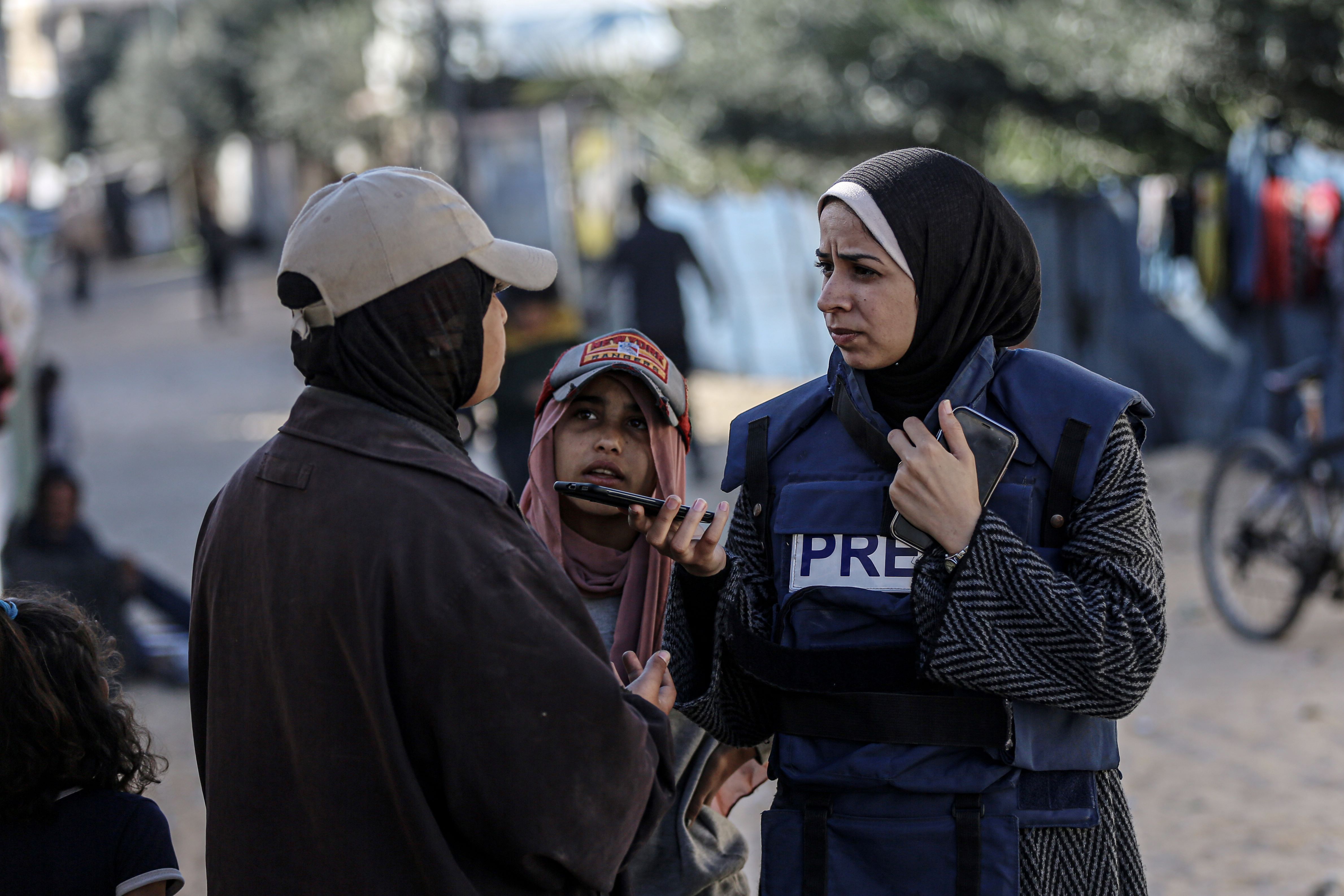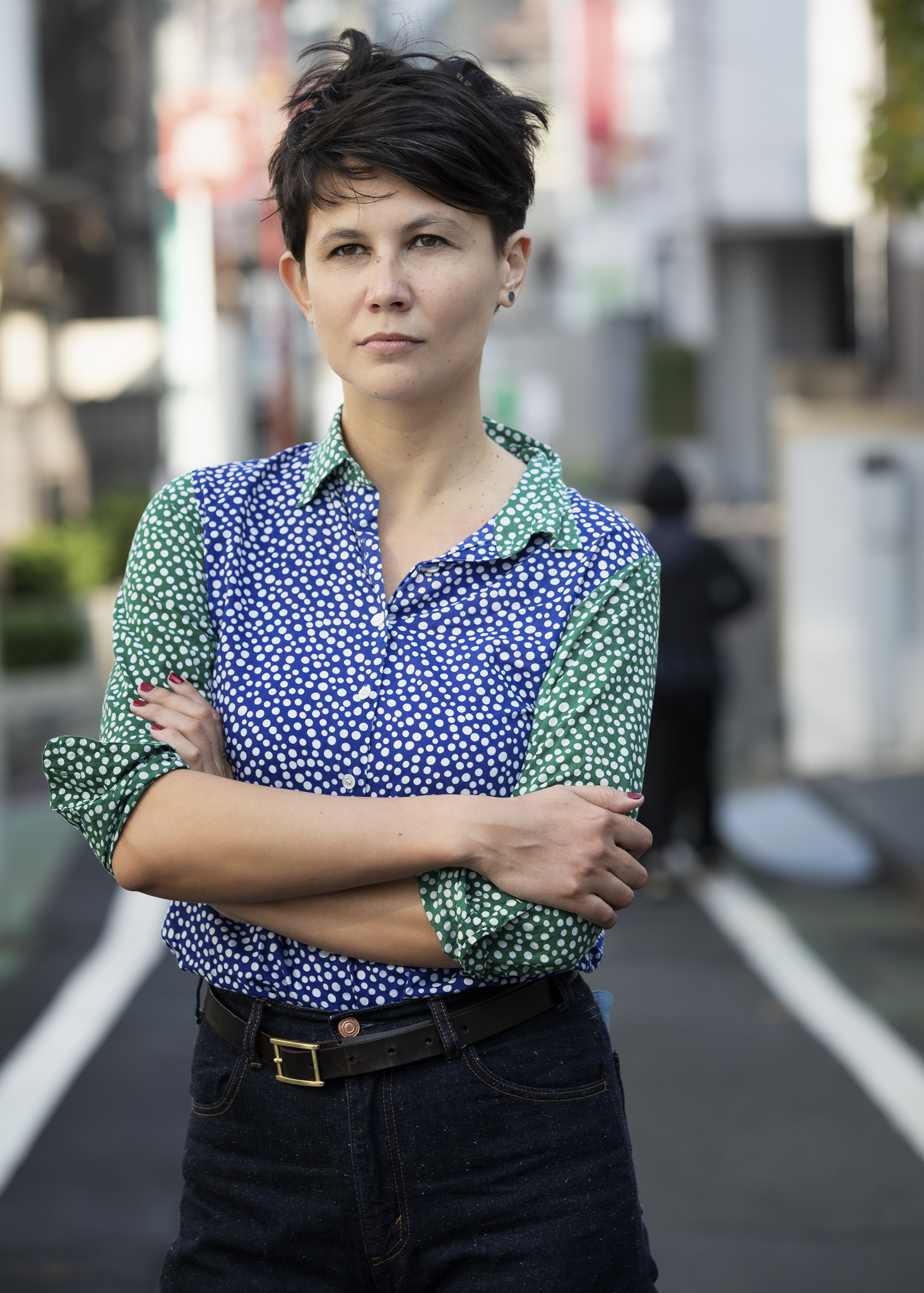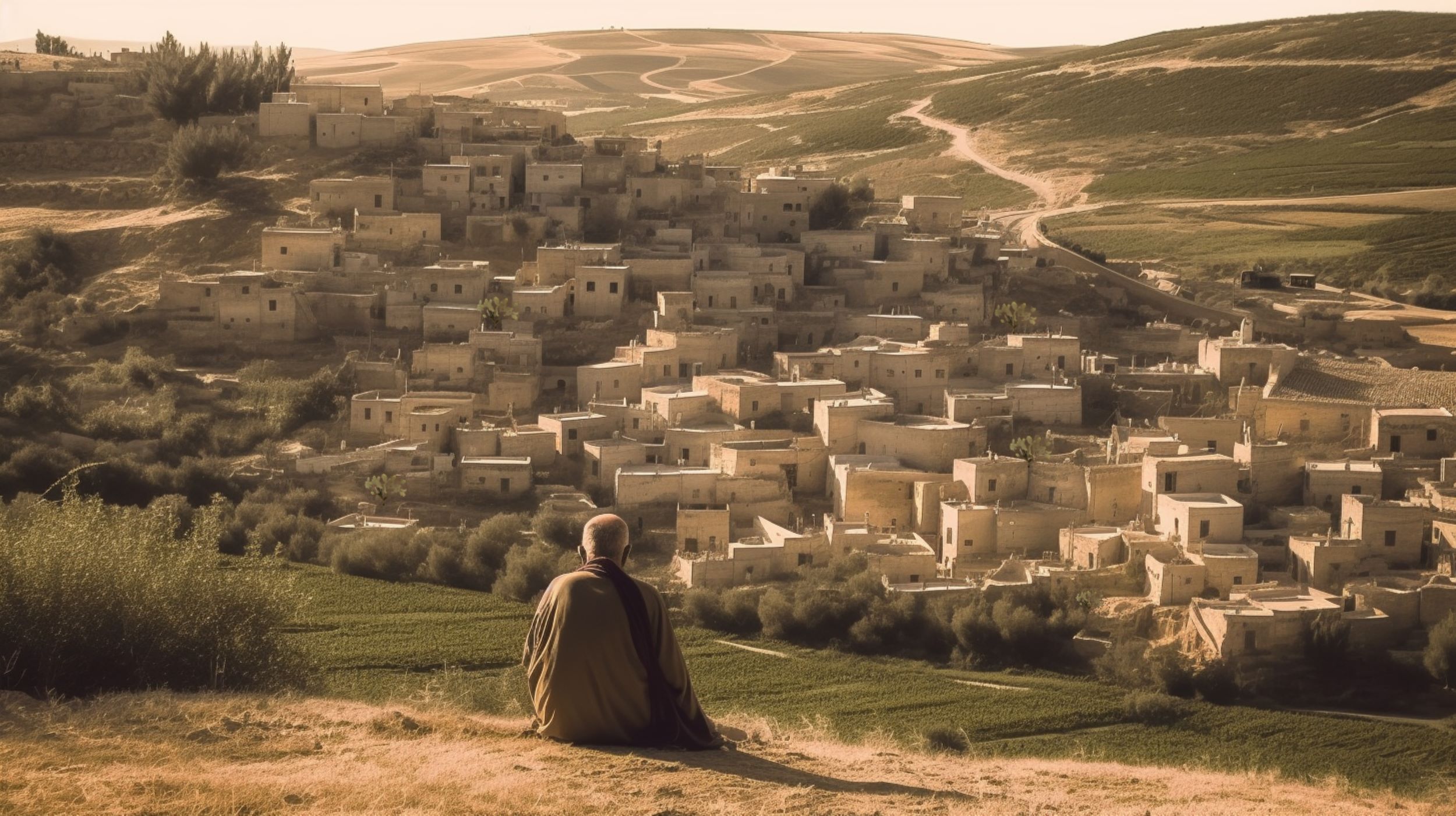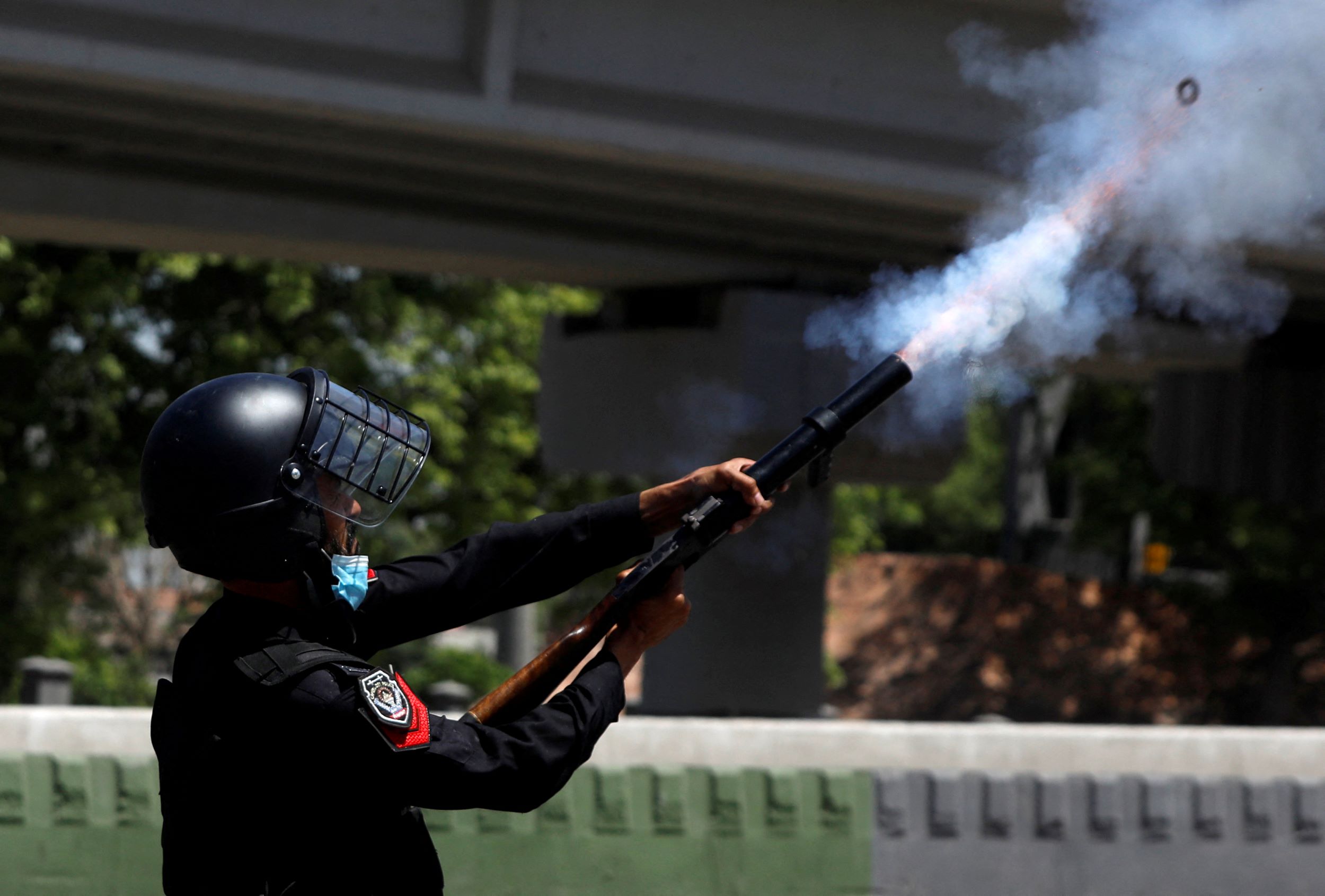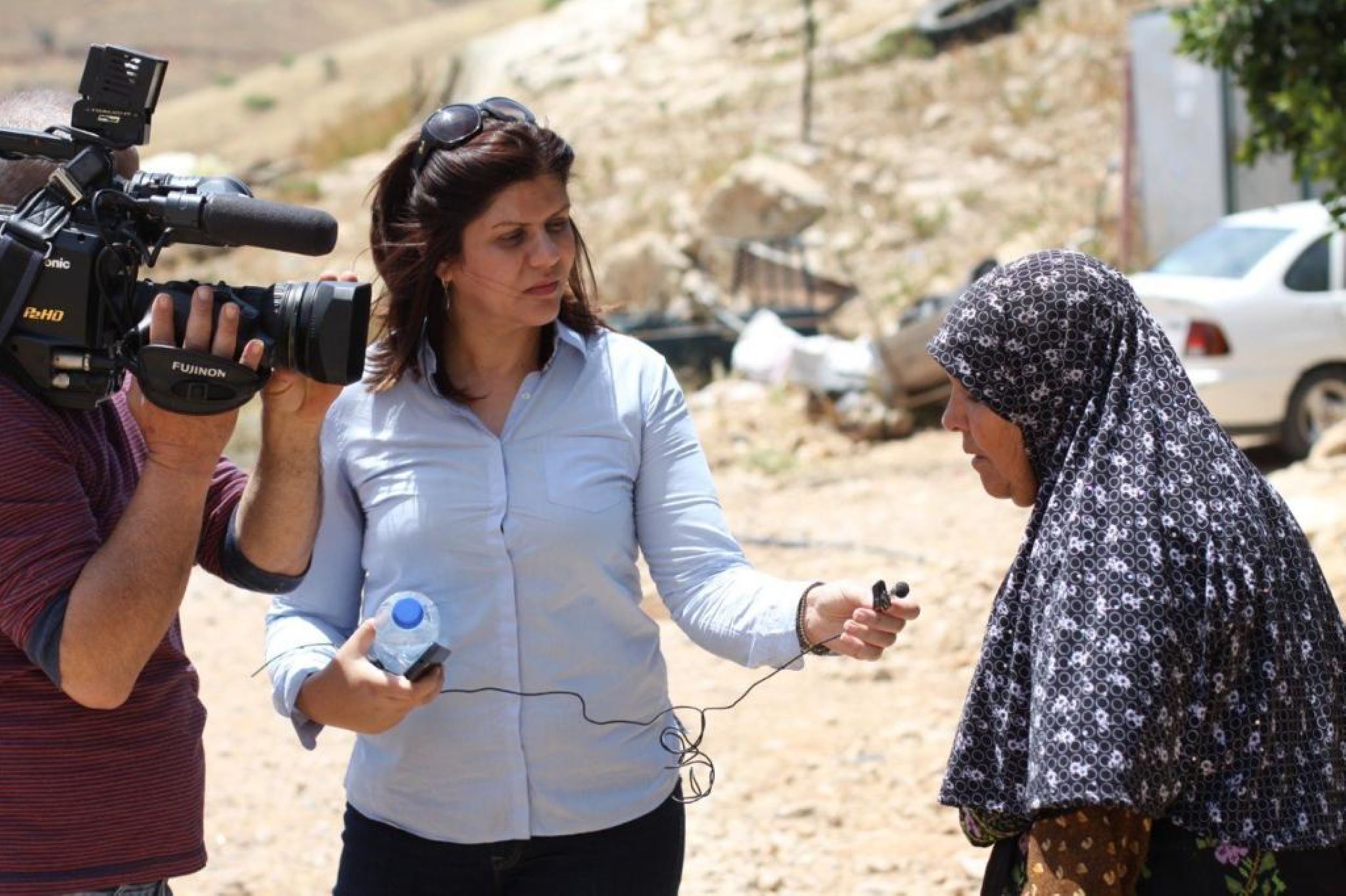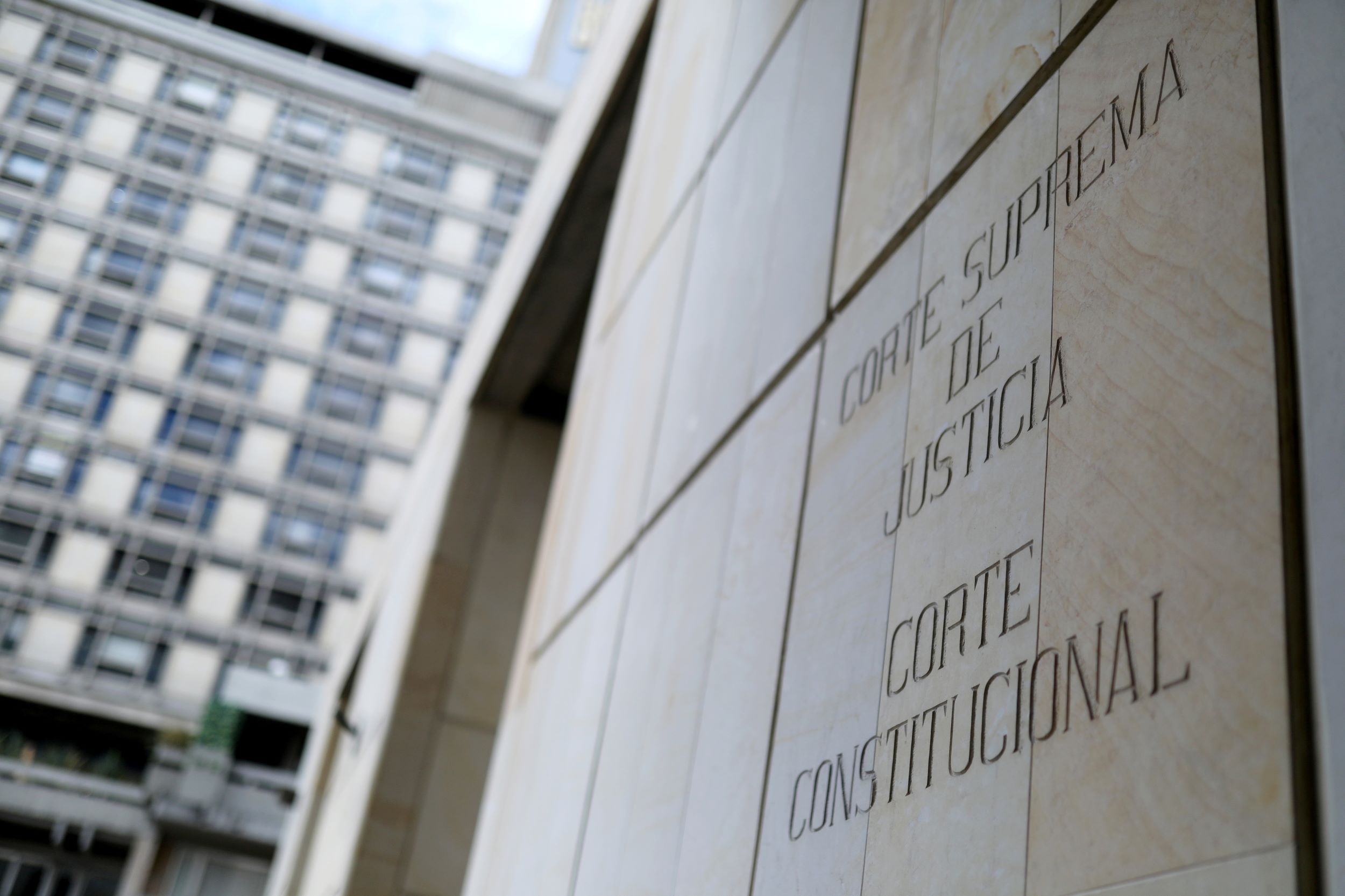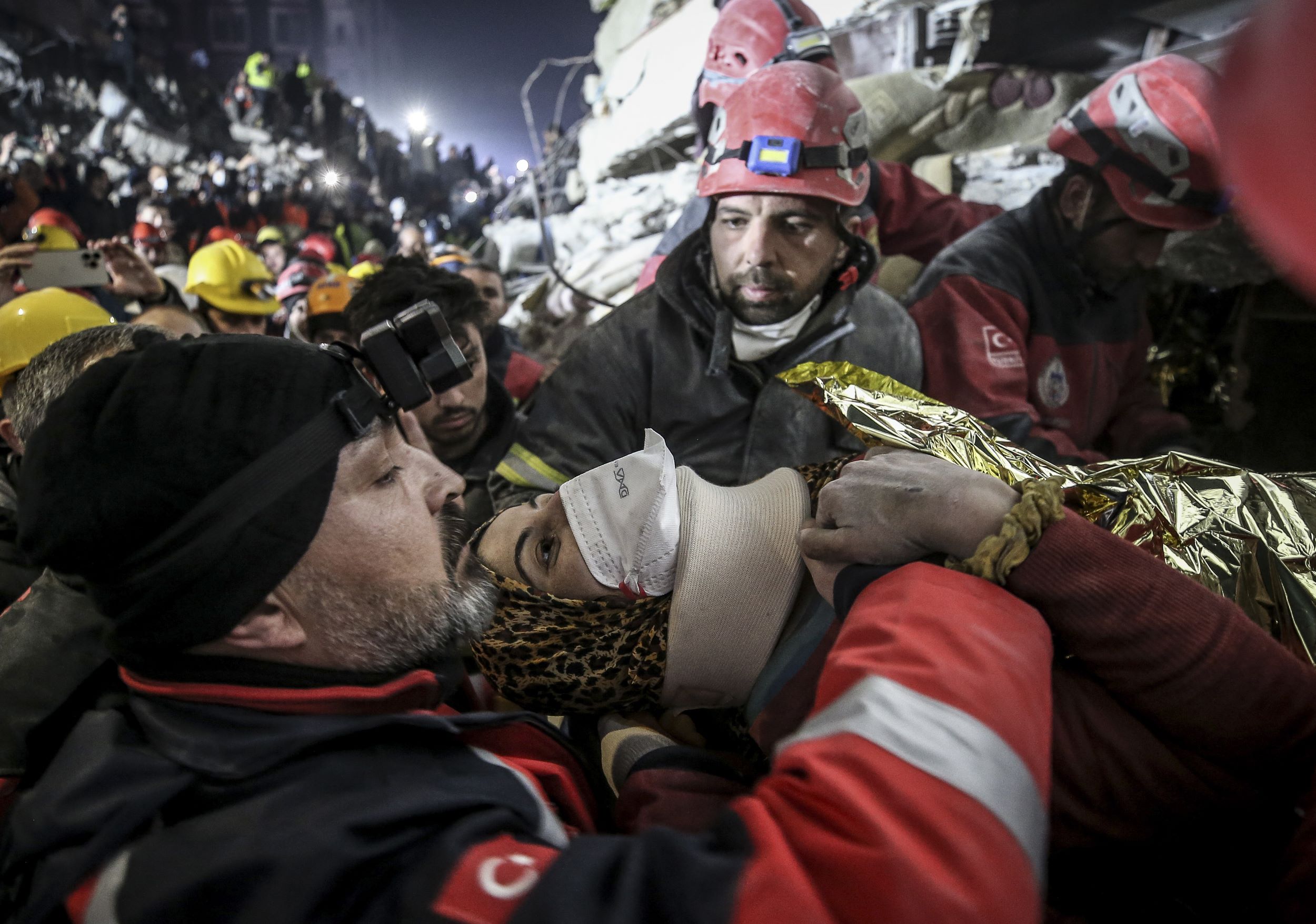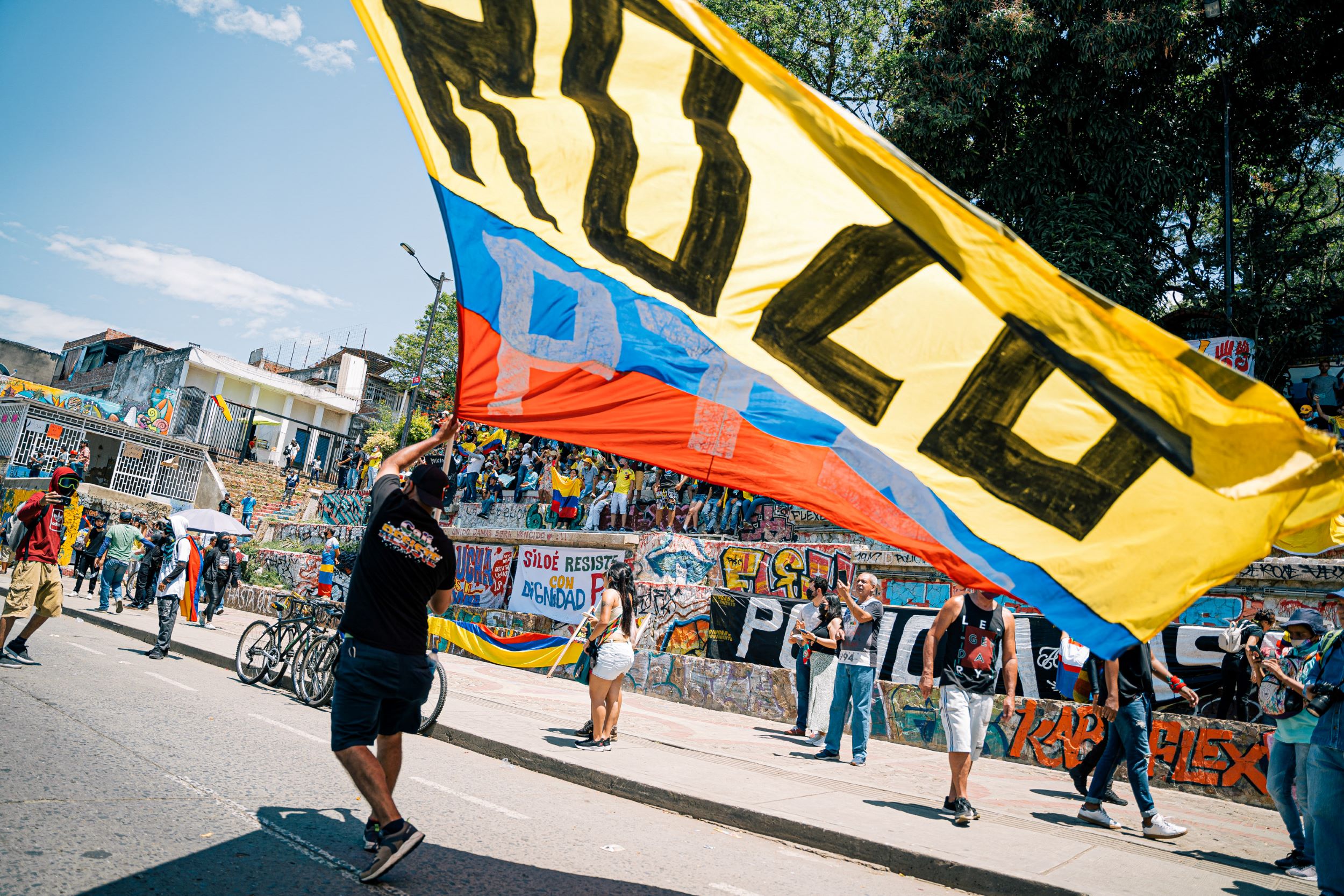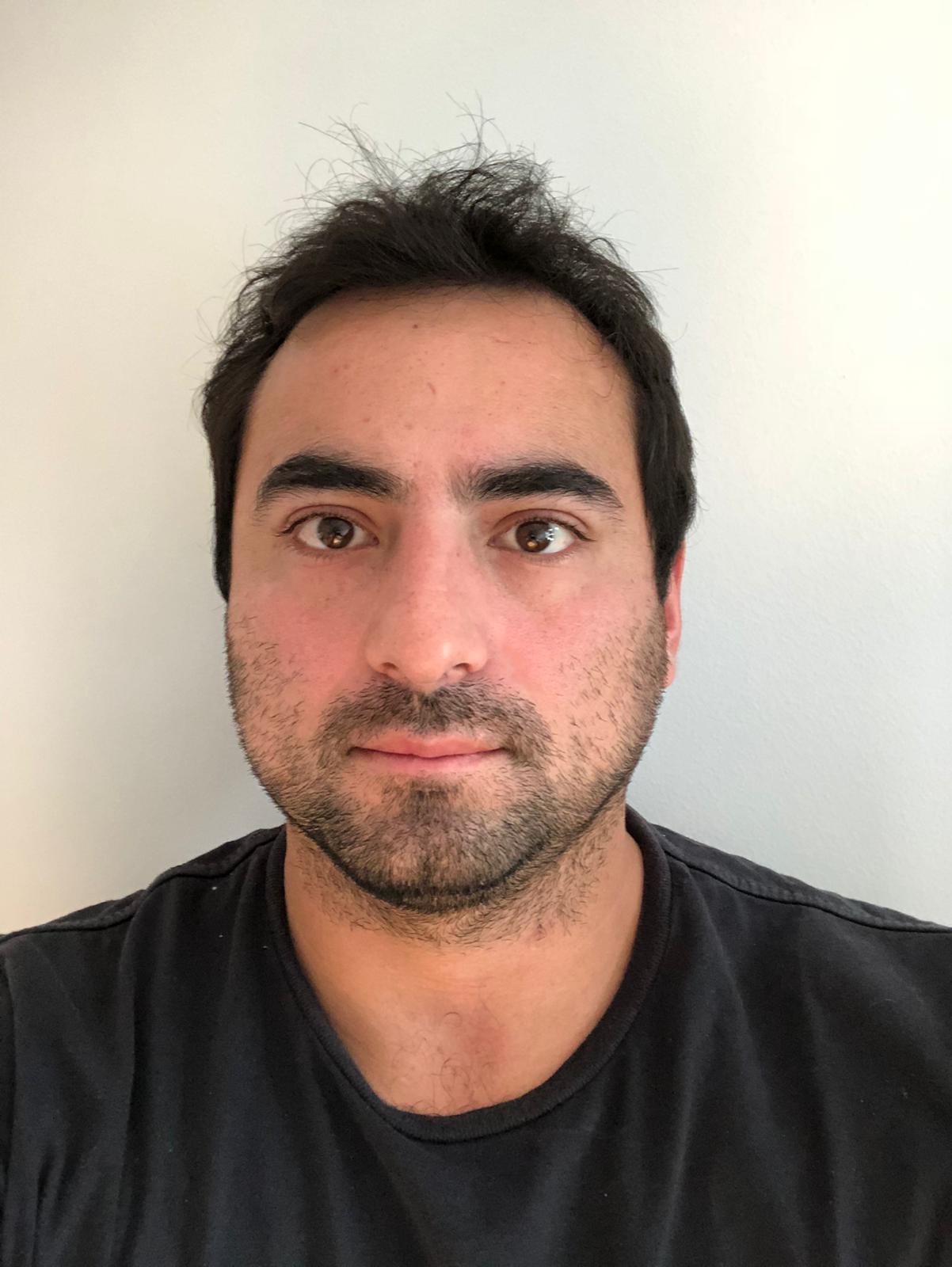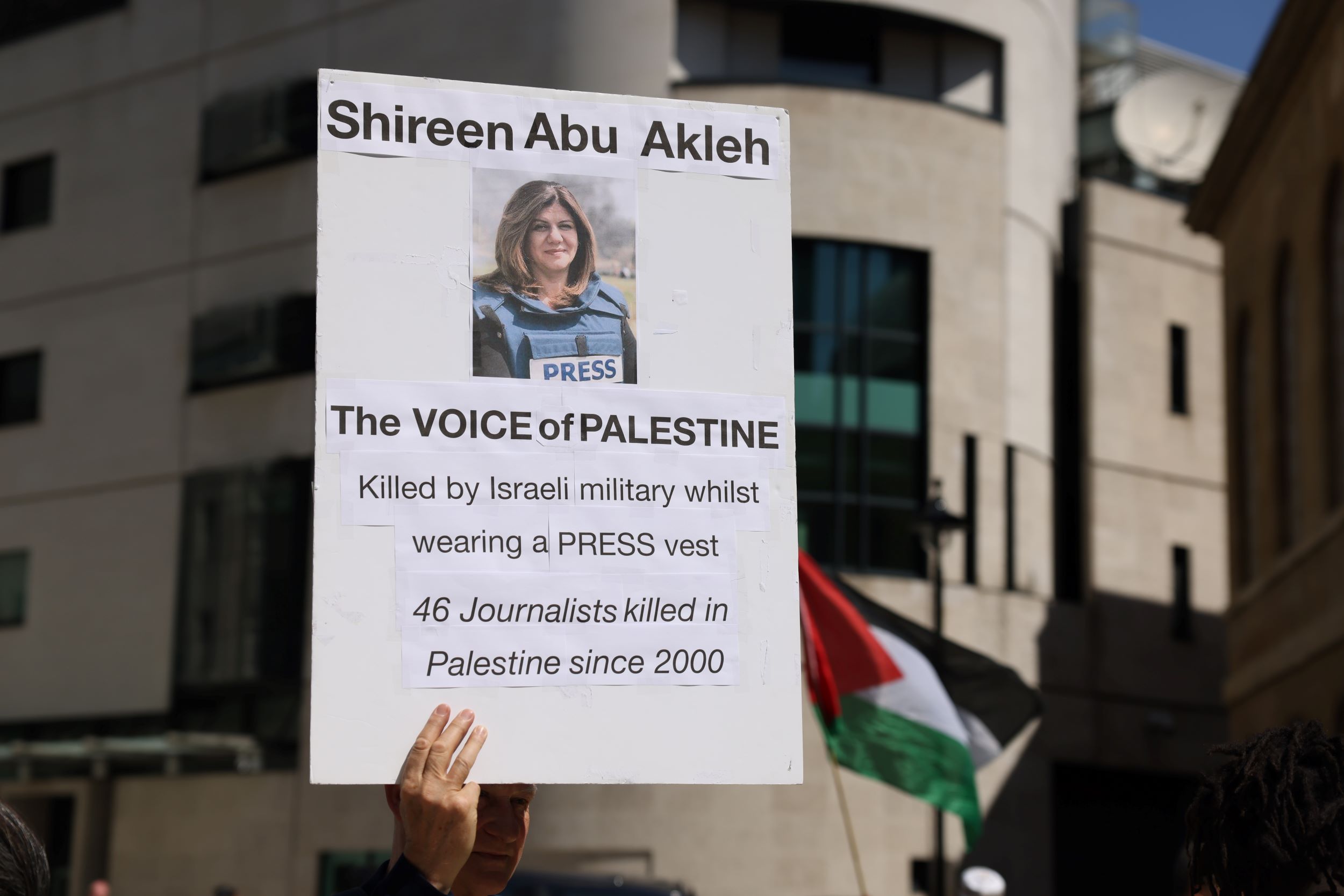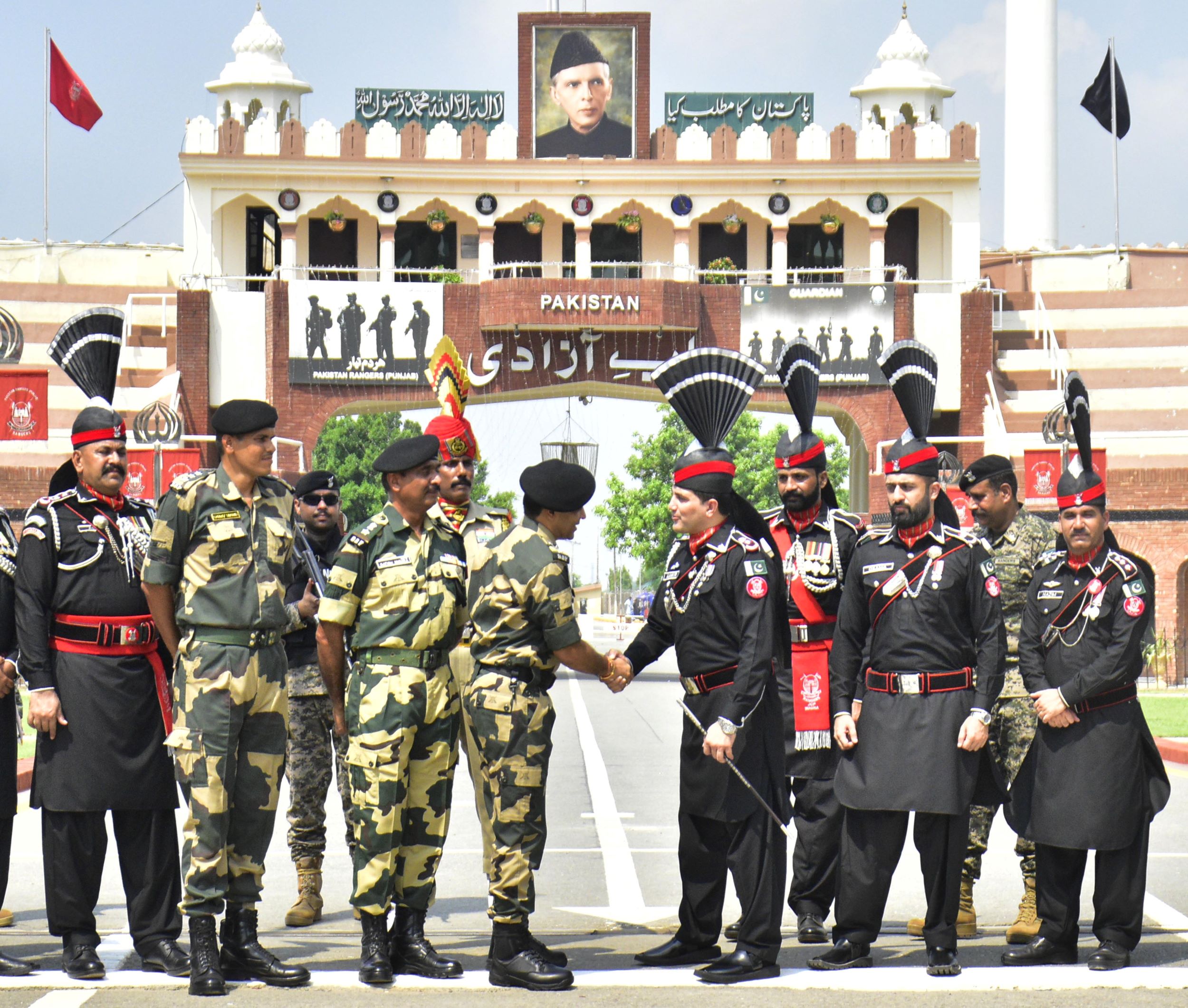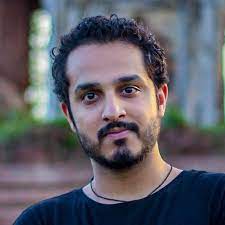يشكل المهاجرون 14.1 في المائة من السكان في النرويج، وبلغت نسبة النرويجيين المولودين لأبوين مهاجرين 3.7 في المائة، أي ما يعادل نسبة 17.8 في المائة من عدد السكان، حسب تقرير صادر عن مكتب الإحصاء النرويجي في عام 2021 (1). ومع أن نسبة المهاجرين بين السكان آخذة في الارتفاع، فإن حضورهم في غرف الأخبار يبقى باهتاً. وحتى الآن لا توجد إحصائيات بأرقام محددة لصحفيين من ذوي الخلفيات المهاجرة في الإعلام النرويجي، لكن ثمة تقديرات تشير إلى أن أقل من واحد في المائة من المحررين لديهم خلفية متعددة الثقافات (2). وعلى الرغم من ازدياد وعــي مؤسسـات الإعلام في الآونة الأخيرة بأهمية التنوع، من خلال تمثيل الأقليات ضمن الخطاب الإعلامي ومساهمته في صنع القرار الإعلامي؛ فإن التمثيل ما يزال ضعيفا.
"جورناليستن" Journalisten هي الوسيلة الإعلامية الصادرة عن نقابة الصحفيين النرويجيين، تعاني من غياب التنوع، حسب ما عبر رئيس تحريرها روجر أرلي جروندالين، قائلا إنه ليس لديهم الكثير للتفاخر به في مجال التنوع الإعلامي، ويتوفرون على صحفي واحد فقط من بين خمسة صحفيين في هيئة التحرير بينهما إيطاليان وفرنسيان، أي أنهم لا يمثلون الأغلبية المهاجرة. ولكن ما يلفت الانتباه أيضاً، هو تصريحه أنه لا يقع على عاتقهم مسؤولية توظيف المزيد من الصحفيين الذين يمكنهم تمثيل مجموعات الأقليات في المجتمع. ويعتقد أن مسؤوليتهم كوسيلة إعلامية تتمثل فقط في إثارة مثل هذه القضايا لخلق وعي ونقاش حولها. يقول روجر في السياق نفسه: إن التدابير الفعالة التي يمكن لنقابة الصحفيين النرويجيين اتخاذها، هي زيادة وعي المؤسسات الإخبارية بفوائد وجود غرف أخبار متعددة الثقافات. كما يعتقد أن الإعلام النرويجي يواجه تحديات أخرى لا تقتصر فقط على غياب التنوع في تمثيل الأقليات، بل أيضاَ في تمثيل النساء النرويجيات المُسنّات اللواتي لا يظهرن بشكل واضح في الصورة الإعلامية.
نموذج ناجح
تعتبر تجربة الشبكة الإعلامية NRK المملوكة للقطاع العام في النرويج، نموذجا مهما لاكتساب المزيد من الصحفيين ذوي الكفاءات المتعددة الثقافات من خلال برنامج المنح الدراسية NRK FleRe. تشغل إيرام أنصاري منذ خريف 2020 منصب مديرة فليري، وتعني الكثير باللغة العربية. وهي نفسها كانت مشاركة في البرنامج في عام 2011. تقول أنصاري إن البرنامج يشترط معايير أساسية، وهي إتقان اللغات الأكثر انتشارا بين مهاجري النرويج. بالإضافة إلى امتلاك رؤية مختلفة عن المجتمع، بشبكة علاقات مع فئات المجتمع التي لا تستطيع شبكة إن أر ك الوصول إليها بشكل كاف، الأمر الذي قد يفسح المجال، حسب أنصاري، لقصص جديدة وجمهور جديد على الأقل.
تشرح أنصاري لمجلة الصحافة أن التعددية فـي غرف الأخبار ليست فقط عامـل إثراء داخل المؤسسة الصحفية، بل هي أيضاً عامـل حاسـم فـي اتخـاذ القـرار التحريري، من خلال وجود صحفيين من خلفيات وكفاءات متنوعة، مما يؤثر في اختيار القضايا التي يجب تغطيتها، ويسمح لشبكة "إن أر ك" باكتساب ميزة تنافسية في العمل الإعلامي. وترى أنصاري أن برنامج "فليري" يتماشى مع استراتيجية "إن أر ك" الطويلة الأمد والتي تحث على تعزيز الديمقراطية من خلال عكس المجتمع بجميع فئاته في المحتوى والتنظيم.
تتحدث أنصاري عن أهمية تجربة "فليري" في تحفيز المؤسسات الإعلامية الأخرى في اتباع استراتيجية التنوع الإعلامي، من خلال التفكير في مشاريع مماثلة، لا سيما عند النظر إلى نجاح هذا البرنامج، حيث يعمل أكثر من 50٪ ممن أكملوا برنامج المنح الدراسية "فليري"؛ مع القناة ومعظمهم موظفون دائمون، وحوالي 73٪ ممن أكملوا البرنامج يعملون في صناعة الإعلام. لكن تأمل أنصاري أن يكون لديهم العديد من الكفاءات المتنوعة جغرافياً وثقافياً، دون الحاجة إلى برنامج خاص لتوظيفهم، تماشياً مع استراتيجية "إن أر ك" لتحقيق التنوع منذ عام 2015، وهي أن يتمتع واحد من كل ثلاثة موظفين جدد بكفاءة متعددة الثقافات.
تظهر التقديرات أن أقل من واحد في المائة من المحررين لديهم خلفية متعددة الثقافات، وهو ما قد يُضعف ديمقراطية الإعلام النرويجي، وسـينعكس ذلك بالضـرورة علـى طبيعـة التغطيـة التـي يقوم بهـا، وفق أنصاري.
وتعتقد أنصاري أن غياب التنوع الإعلامي يعتبر مشكلة معقدة، ويمكن أن يكون خلفه العديد من الأسباب، منها ميل إدارات غرف الأخبار في الغالب إلى التماثل في توظيف أشخاص يشبهونهم بسبب التحيزات اللاواعية، لأن الاختلاف لا يُشعرهم بالأمان. بالإضافة إلى ذلك، فإن عدم وجود عدد كافٍ من الصحفيين من أصول مهاجرة، يتمتعون بالكفاءة المهنية، يرجع إلى أن الصحافة لا تعتبر مهنة ذات مكانة في العديد من مجتمعات الأقليات، مما يجعل الكثيرين لا يختارون دراسة الصحافة، ناهيك عن أن غرف التحرير تفضل توظيف صحفيين يتقنون اللغة النرويجية.
ولتحسين هذه الوضعية ترى أنصاري أنه على المسؤولين في غرف الأخبار، أنه من المهم البحث عن الكفاءات النشطة وربما إنشاء برامج مثل "فليري". لذلك تعتقد أنه من المهم تخصيص موارد كافية لتوظيف صحفيين من ذوي كفاءة متعددة الثقافات.
أصبح الوعي بأهمية التنوع من شروط العمل الصحفي، ولا سيما في الدول الغربية، ومع ذلك لا يزال الإعلام النرويجي يتسم بغياب التنوع الإعلامي، وعدم تبني إجراءات فعالة لتعزيزه. وعلى الرغم من أن شبكة "إن أر ك" اتخذت خطوة مميزة في طريق التنوع الإعلامي من خلال برنامج "فليري" التي كانت سباقة في هذا المجال؛ فإن هناك العديد من وسائل الإعلام النرويجية ما تزال بعيدة عن استراتيجية التنوع. ويبدو أن أمامها الكثير من العمل لتغيير ثقافتها، والتفكير في إنشاء بيئة عمل حاضنة للصحفيين من ذوي الكفاءات المتعددة الثقافات.
المراجع
https://www.ssb.no/innvandring-og-innvandrere/faktaside/innvandring
https://www.ssb.no/innvandring-og-innvandrere/faktaside/innvandring







